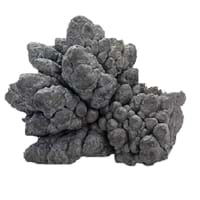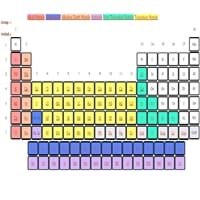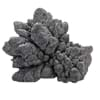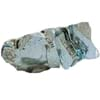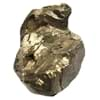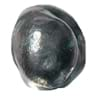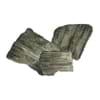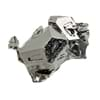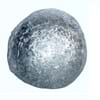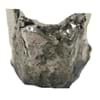Atomic Structure of Lead and Dubnium
Atomic Properties
Atomic Number
82
34
105
13
Electron Configuration
[Xe] 4f14 5d10 6s2 6p2
[Rn] 5f14 6d3 7s2
Crystal Structure
Face Centered Cubic (FCC)
Body Centered Cubic (BCC)
Crystal Lattice
FCC-Crystal-Structure-of-Lead.jpg#100
BCC-Crystal-Structure-.jpg#100
Atom
Number of Protons
82
34
105
13
Number of Neutrons
125
19
157
7
Number of Electrons
82
34
105
13
Radius of an Atom
Atomic Radius
175.00 pm
19
139.00 pm
39
Covalent Radius
146.00 pm
38
149.00 pm
35
Van der Waals Radius
202.00 pm
27
Not Available
Atomic Weight
207.20 amu
30
268.00 amu
10
Atomic Volume
18.17 cm3/mol
27
Not Available
Adjacent Atomic Numbers
Valence Electron Potential
24.20 (-eV)
99+
Not Available
Lattice Constant
495.08 pm
16
Not Available
Lattice Angles
π/2, π/2, π/2
NA
Lattice C/A Ratio
Not Available
Not Available
|
||
|
||
|
